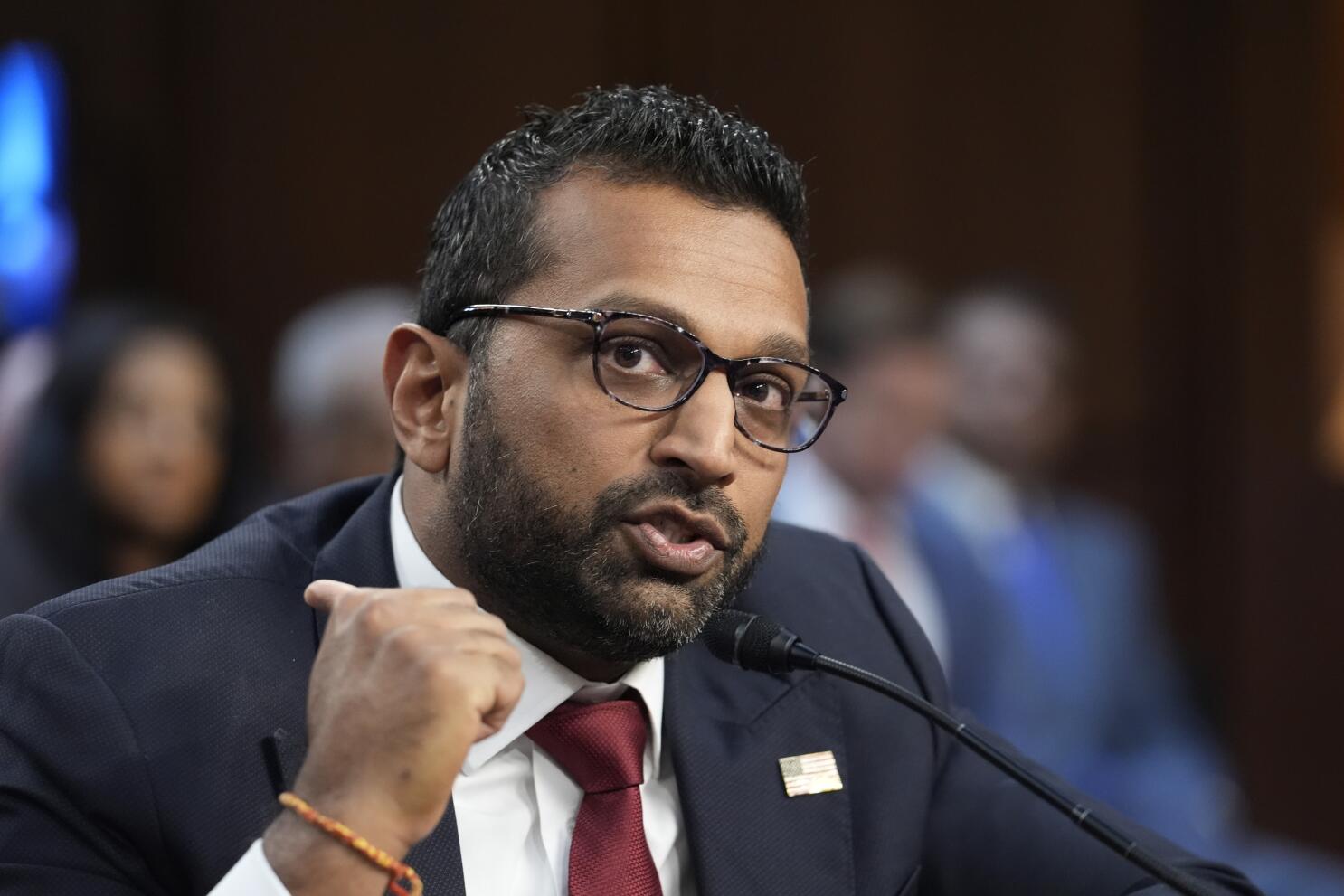Now Reading: UK PM Keir Starmer Criticises Elon Musk’s ‘Violence Is Coming’ Remark as Dangerous
-
01
UK PM Keir Starmer Criticises Elon Musk’s ‘Violence Is Coming’ Remark as Dangerous
UK PM Keir Starmer Criticises Elon Musk’s ‘Violence Is Coming’ Remark as Dangerous

British Prime Minister Keir Starmer has strongly condemned Elon Musk’s recent statement suggesting that “violence is coming to you,” calling it irresponsible and dangerous. The remarks, made on social media, sparked political debate in the UK about the influence of powerful tech leaders and the potential risks of their words being misinterpreted or misused.
Starmer’s Response
Starmer emphasised that leaders in influential positions must exercise restraint when commenting on sensitive issues. According to him, statements that suggest or predict violence can add to existing tensions in society and encourage divisive narratives. He stressed that public figures should focus on building trust and unity rather than creating fear or uncertainty.
Musk’s Online Influence
Musk, known for his active social media presence, has often made remarks that stir strong reactions worldwide. His latest comment has raised questions about the responsibility of billionaires and tech figures who command massive digital followings. Critics argue that such statements can influence impressionable audiences, while Musk’s supporters believe he is simply speaking bluntly about real-world challenges.
Indian Context and Relevance
For India, where social media platforms like X (formerly Twitter) play a central role in political debate, this episode highlights the fine line between free expression and public responsibility. In Tier 2 cities, where digital adoption is booming, the impact of influential voices online can be even greater. As India works to regulate online content and combat misinformation, global controversies like this serve as reminders of the challenges ahead.
Conclusion
Keir Starmer’s criticism of Musk underscores a broader concern about how words from influential figures can shape public opinion and potentially escalate tensions. Whether seen as a warning or an overstatement, Musk’s remark has reignited discussions on the accountability of tech leaders. The debate also reflects a global struggle: how to balance freedom of speech with the responsibility that comes with influence in a digitally connected world.

























